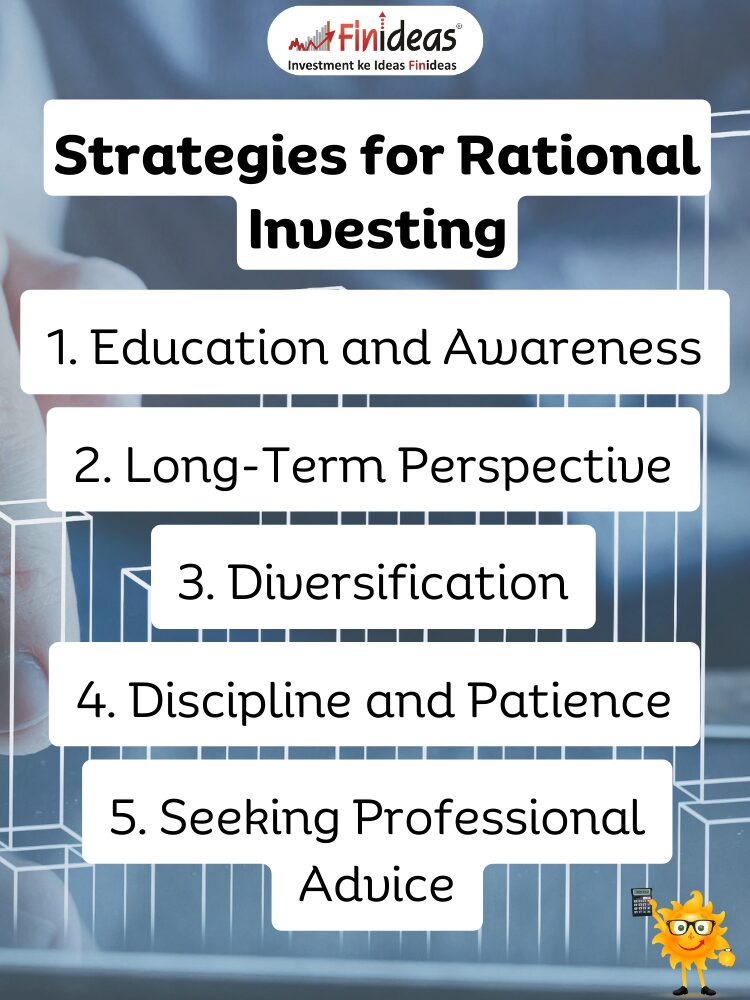The Psychology of Equity Investing
Introduction:
Investing in the stock market can be a thrilling yet daunting experience, especially in a dynamic and fast-paced environment like India. While there are numerous factors that influence investment decisions, one crucial aspect that often gets overlooked is the psychology of investors. Understanding how psychological biases and emotions impact investment behavior is key to navigating the complexities of equity investing successfully. In this blog, we delve into the unique psychological aspects of equity investing in the Indian context and explore strategies to make informed and rational investment decisions.
The Influence of Behavioral Biases:
Human psychology plays a significant role in shaping investment decisions, often leading to irrational behavior and suboptimal outcomes. In the Indian stock market, common behavioral biases such as loss aversion, confirmation bias, and herd mentality are prevalent among investors. For instance, the fear of incurring losses often leads investors to hold onto declining stocks longer than they should, hoping for a rebound. Similarly, the tendency to seek information that confirms preexisting beliefs can result in overlooking critical data that contradicts investment decisions. Additionally, the herd mentality, where investors follow the actions of the crowd without conducting thorough research, can lead to market bubbles and crashes.
Emotional Rollercoaster:
Investing in equities can evoke a wide range of emotions, from euphoria during bull markets to panic during bear markets. The volatile nature of the Indian stock market intensifies these emotions, making it challenging for investors to stay level-headed. Greed and overconfidence often drive investors to take excessive risks, while fear and panic can prompt irrational selling during market downturns. Understanding how emotions influence decision-making is crucial for maintaining discipline and sticking to a well-thought-out investment strategy.
Cultural Influences:
Cultural factors also play a significant role in shaping the psychology of equity investing in India. The culture of saving and investing for the future is deeply ingrained in Indian society, driven by a desire for financial security and prosperity. However, cultural beliefs and societal pressures can sometimes lead to conservative investment behavior or speculative trading practices. Moreover, the influence of family, friends, and social networks can impact investment decisions, often leading to herd behavior and groupthink.
Strategies for Rational Investing:
While it’s impossible to eliminate psychological biases entirely, investors can adopt strategies to mitigate their impact and make more rational investment decisions. Some key strategies include:
- Education and Awareness: Understanding common biases and emotional triggers can help investors recognize and counteract irrational behavior.
- Long-Term Perspective: Focusing on long-term goals and fundamentals rather than short-term market fluctuations can reduce the influence of emotions on investment decisions. And if you are someone who believes in Long – Term Perspective then you must know about Index Long Term Strategy.
- Diversification: Spreading investments across different asset classes and sectors can help mitigate risk and minimize the impact of individual stock volatility.
- Discipline and Patience: Maintaining discipline and sticking to a well-defined investment plan, even in the face of market volatility, is essential for long-term success.
- Seeking Professional Advice: Consulting with financial advisors or investment professionals can provide valuable insights and guidance, especially during periods of uncertainty.
What strategies do you employ to overcome psychological biases and emotions while investing in the Indian stock market? Do comment down below.
Conclusion:
The psychology of equity investing is a fascinating yet complex subject that significantly influences investment outcomes in the Indian context. By understanding common behavioral biases, managing emotions, and adopting rational investment strategies, investors can navigate the volatility of the stock market more effectively and achieve their financial goals in the long run.
Happy Investing!
This article is for education purpose only. Kindly consult with your financial advisor before doing any kind of investment.


